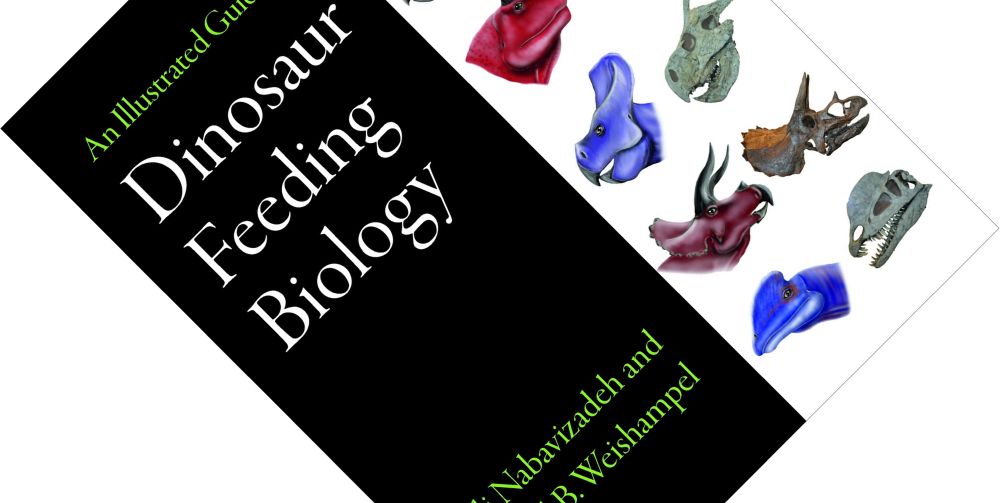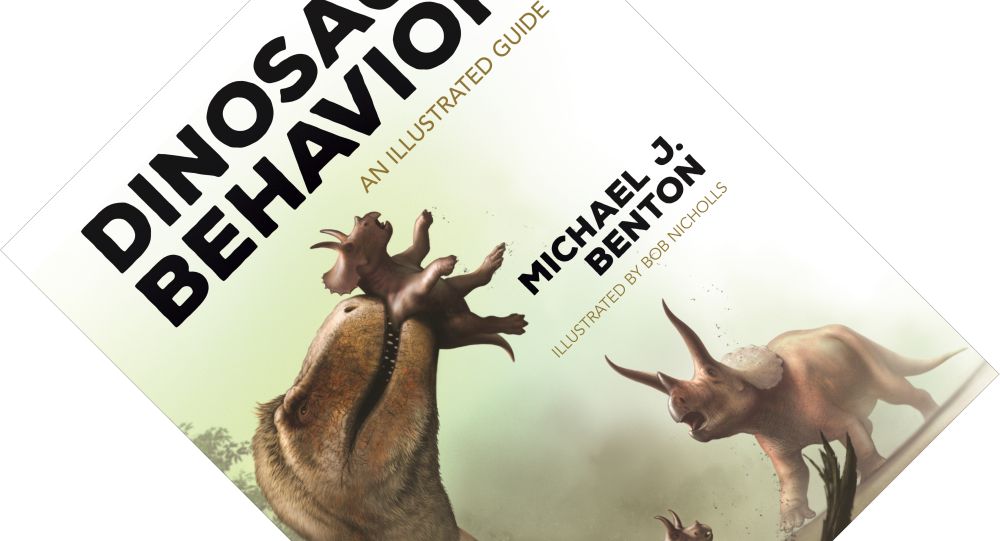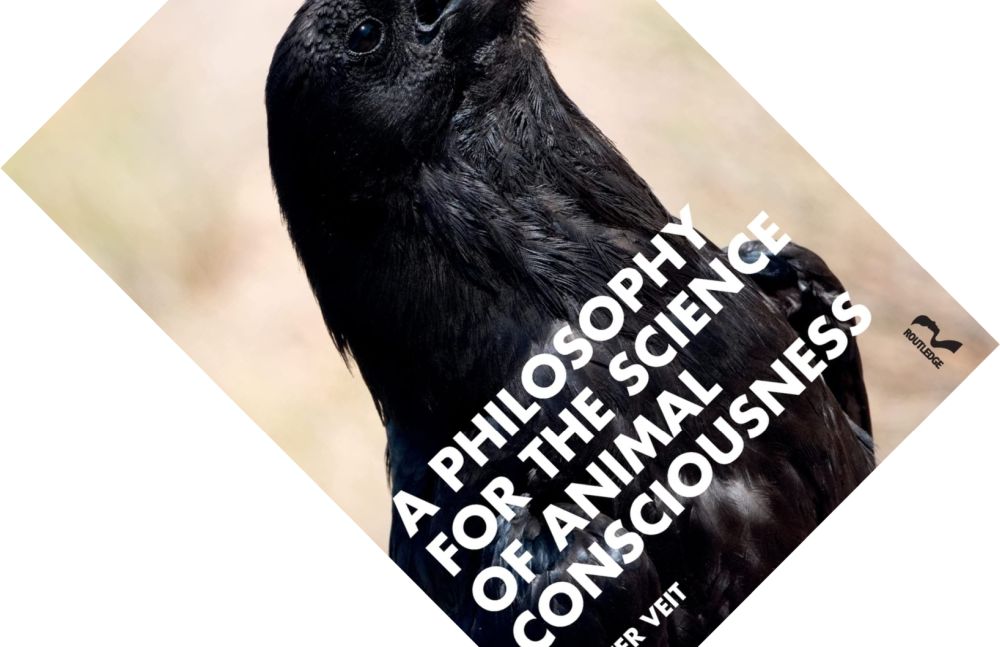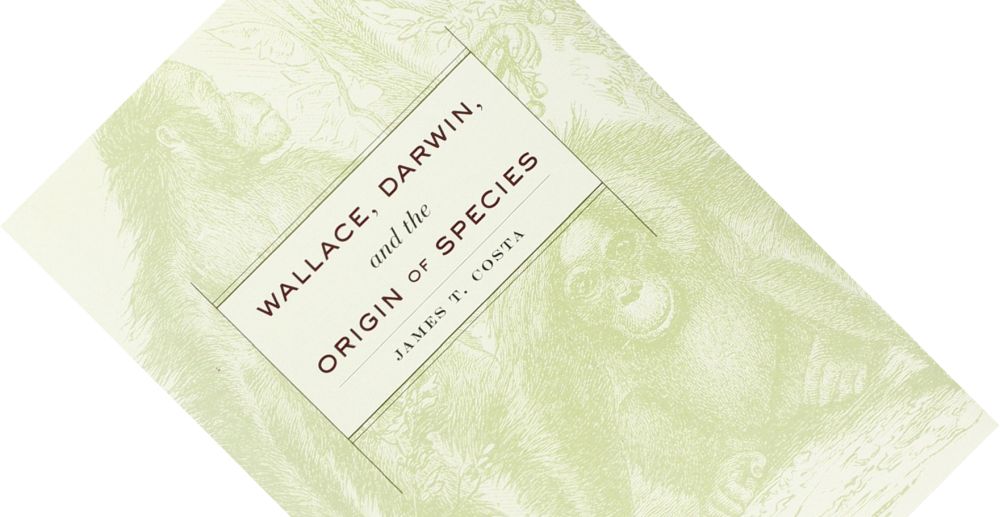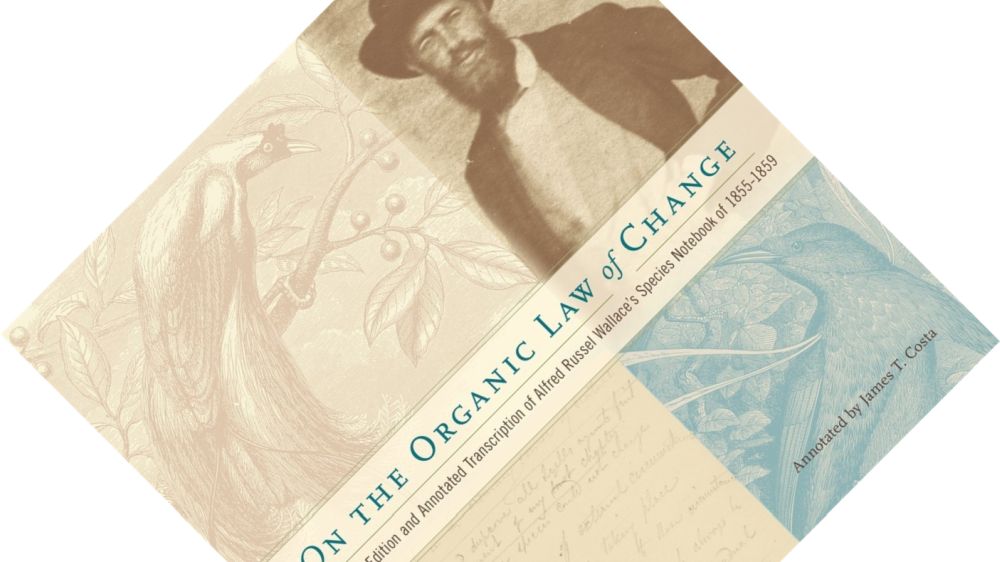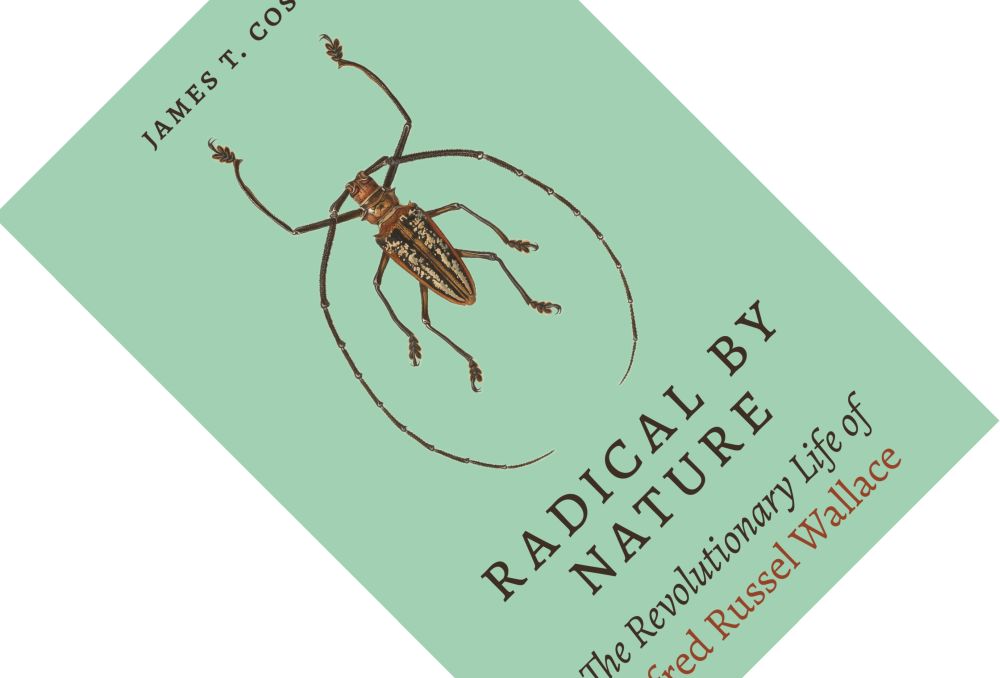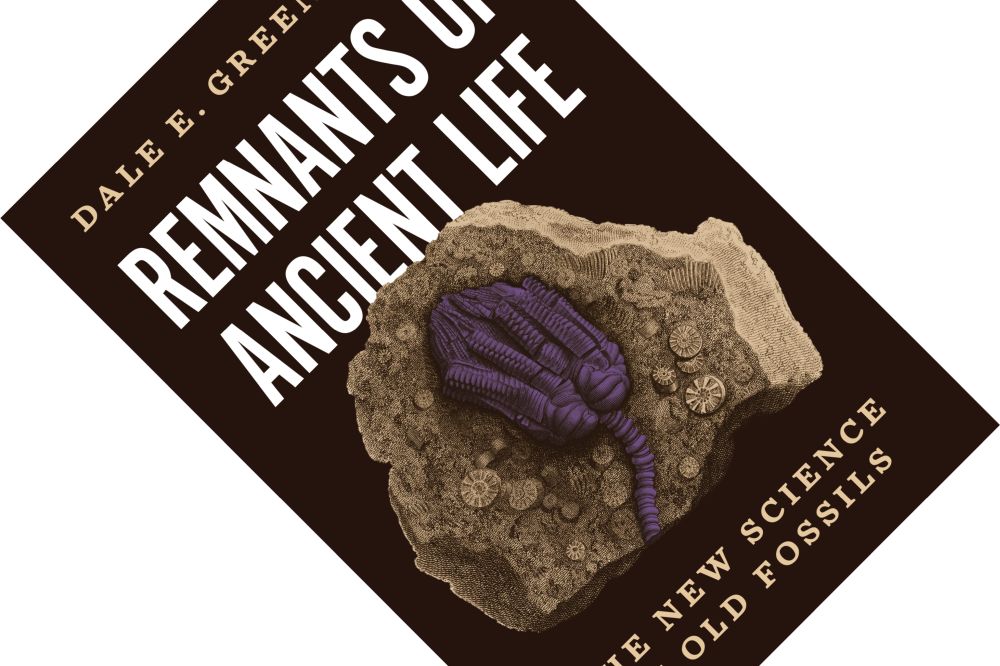3-minute read
2023 was a year in which I managed to read and review only 42 books. Yes, there were some really big books, but mostly this has been a year of intensification: reviews are becoming longer and I am taking many more notes while preparing them. A course correction seems in order as I would like to increase that number next year. Another development you might have noticed was several double-reviews, triptychs, and even a quartet. Increasingly often I find that new titles complement earlier books that I have on my shelves, unread. I am keen to learn more, dig deeper, and in the process hopefully provide useful context, so I plan to continue this habit next year.
What follows is my personal top 5 of the most impactful, most beautiful, and most thought-provoking books I read during 2023.

